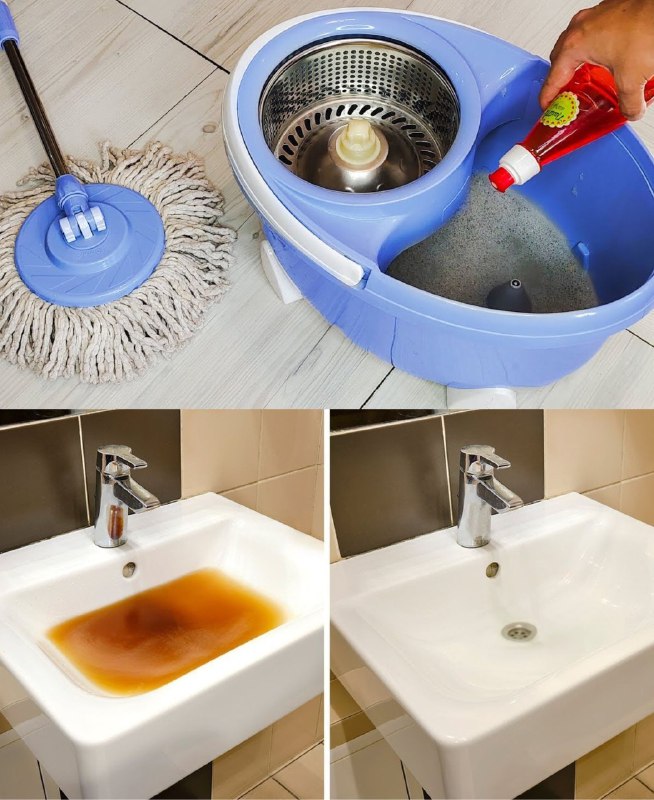ADVERTISEMENT
Cleaning the Bathroom: Never Make This Mistake – You Can Say Goodbye to Your Lungs
Cleaning the bathroom is one of those household chores that we all have to do but few of us enjoy. However, there’s one mistake that many people make while cleaning the bathroom that can seriously affect your health, especially your lungs. The culprit? Mixing cleaning products.
When it comes to cleaning your bathroom, it’s important to be aware that certain cleaning chemicals, when combined, can create harmful fumes that are hazardous to your respiratory system. Even if a product seems harmless on its own, the mixture of different chemicals can result in dangerous reactions. If you’re not careful, you could be exposing yourself to toxic gases that can damage your lungs and overall health.
Let’s dive into the most common cleaning mistakes people make and how to avoid them to protect both your home and your lungs.
The Dangers of Mixing Cleaning Products
- Bleach and Ammonia: One of the most common, yet dangerous combinations is mixing bleach and ammonia. Many people think they’ll get a super-powered cleaner by combining these two products, but what they’re actually doing is creating chloramine vapors, which are incredibly toxic when inhaled. These vapors can irritate your respiratory system, leading to symptoms like coughing, wheezing, shortness of breath, and chest tightness. In more severe cases, exposure to chloramine can cause lung damage.
- Bleach and Vinegar: Vinegar is a natural cleaner that many people use to tackle tough stains and odors. However, when mixed with bleach, it produces chlorine gas, which is another toxic substance that can cause respiratory distress, eye irritation, and other symptoms. Even brief exposure to chlorine gas can cause long-lasting damage to your lungs and health.
- Hydrogen Peroxide and Vinegar: While both hydrogen peroxide and vinegar are effective cleaning agents on their own, when mixed together, they create peracetic acid, a corrosive substance that can irritate your lungs and eyes. Prolonged exposure to peracetic acid can cause respiratory problems and damage your mucous membranes, which are crucial for protecting your lungs.
- Baking Soda and Vinegar: It’s common to see recipes for homemade cleaning solutions that combine baking soda and vinegar, but even though this combination is not as toxic as others, it can still produce excessive foam. This foam can potentially clog drains, leading to plumbing issues. It’s also important to note that while this mixture can clean well, it’s not as effective in some cases as other, more specialized products.
Why This Matters: Your Lungs Are at Risk
Breathing in harmful chemicals while cleaning can lead to both short-term and long-term health problems. Exposure to toxic fumes can irritate the respiratory tract, increase the risk of asthma attacks, and even lead to chronic lung diseases such as bronchitis. In some cases, severe exposure can result in permanent lung damage, especially in people with pre-existing conditions like asthma or chronic obstructive pulmonary disease (COPD).
Additionally, prolonged exposure to strong cleaning fumes can also affect your overall wellbeing, leading to headaches, dizziness, nausea, and fatigue. For some individuals, these reactions can be immediate, while others might experience symptoms after repeated exposure.
For Complete Cooking STEPS Please Head On Over To Next Page Or Open button (>) and don’t forget to SHARE with your Facebook friends
ADVERTISEMENT
